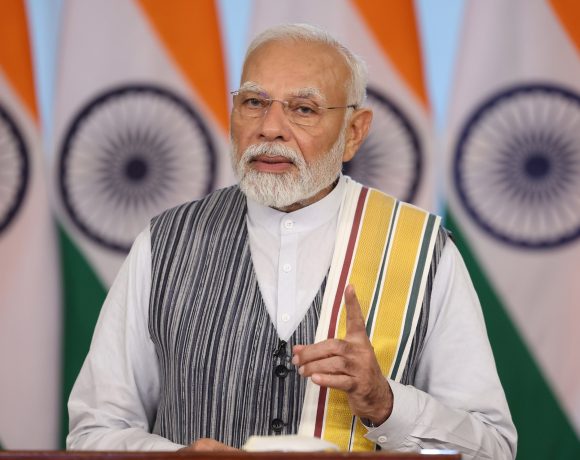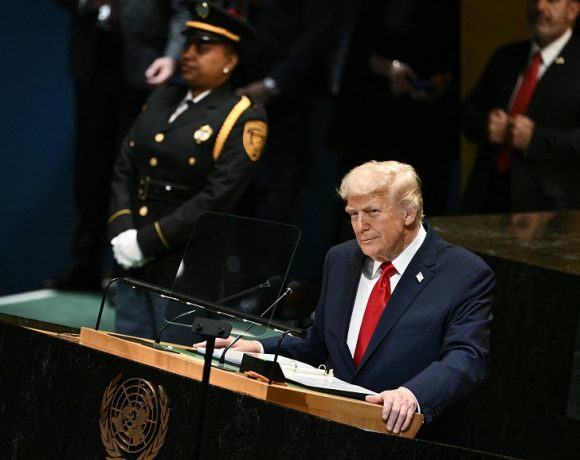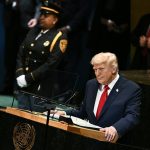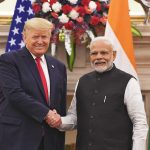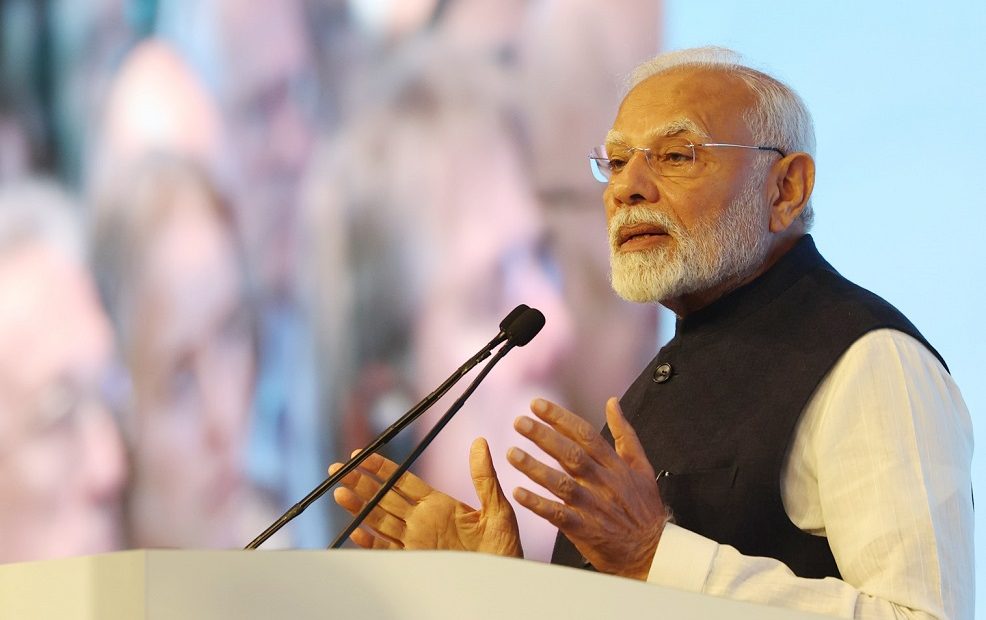
Modi Govt Withdraws ONOE Bills from Lok Sabha Agenda
In a sudden turn of events, the central government led by Prime Minister Narendra Modi has decided not to table the proposed “One Nation, One Election” (ONOE) bills in the Lok Sabha as previously planned. The decision comes amidst growing anticipation and debate surrounding the controversial proposal.
The ONOE initiative, aimed at synchronizing elections for the Lok Sabha and state assemblies, has sparked widespread political discussions, with some parties supporting the move as a measure to streamline governance and reduce electoral costs, while others have criticized it as an encroachment on federal principles.
Key Legislative Agenda Adjusted
Initially listed for introduction during the ongoing winter session, the ONOE bills were expected to dominate parliamentary proceedings on Monday. However, sources indicate the government has chosen to hold back the bills to allow more time for consultation and consensus-building among stakeholders.
This reversal highlights the government’s cautious approach in addressing the concerns raised by opposition parties, regional leaders, and constitutional experts. Critics argue that the ONOE proposal could undermine the autonomy of state governments, while proponents emphasize its potential to enhance electoral efficiency and reduce the financial burden on taxpayers.
Implications for Parliamentary Debate
The decision to withdraw the ONOE bills has shifted the focus of Monday’s parliamentary session to other legislative matters. Opposition leaders have criticized the last-minute reversal, claiming it reflects a lack of preparedness on the government’s part. Meanwhile, government officials have reiterated their commitment to engaging all parties in constructive discussions before reintroducing the bills.
This development underscores the complexities involved in implementing sweeping electoral reforms in India’s diverse political landscape. As discussions around the ONOE proposal continue, the government is expected to focus on garnering broader consensus to ensure its successful implementation.
With the ONOE bills off the table for now, the winter session of Parliament is likely to witness intense deliberations on alternative legislative priorities.




